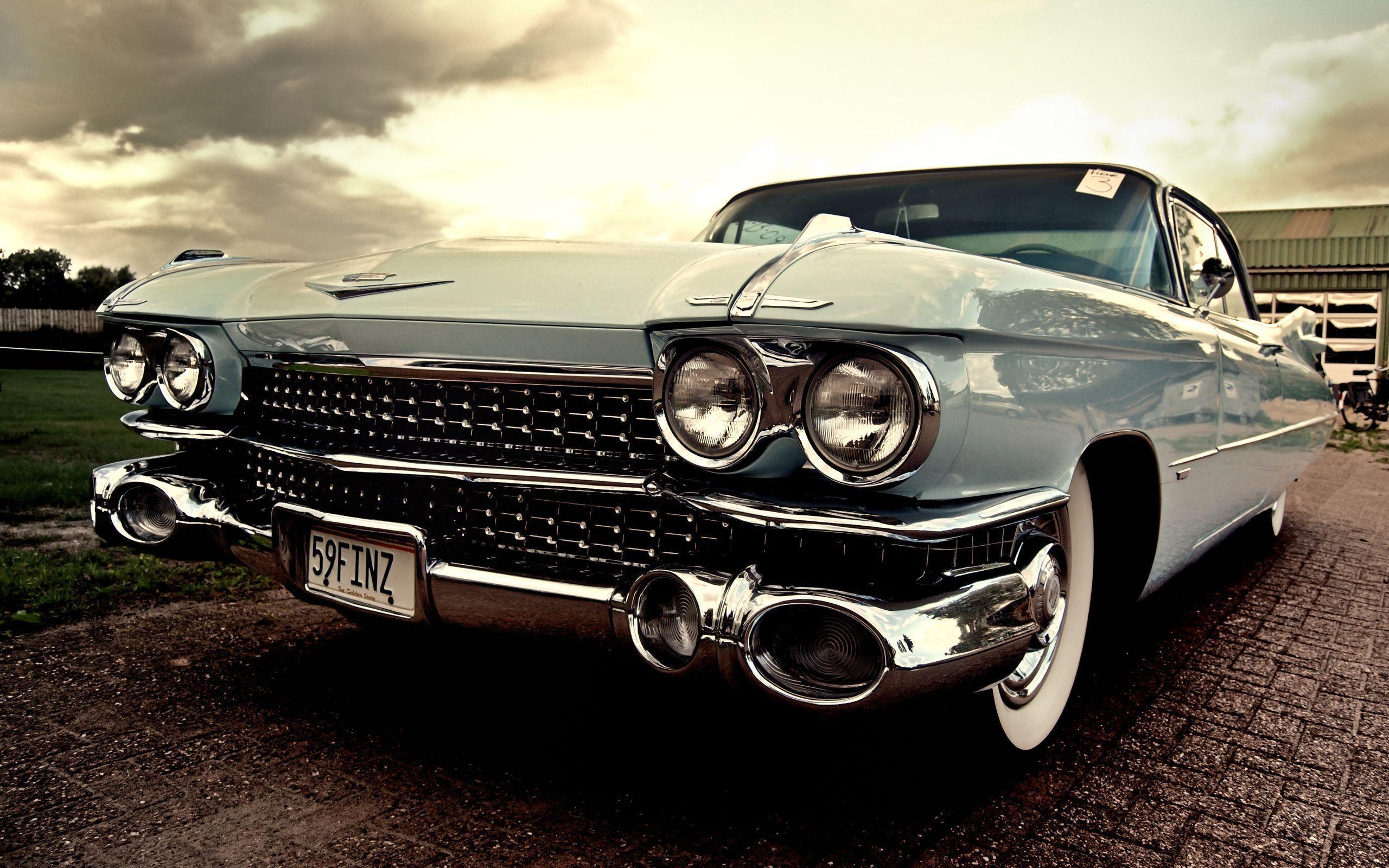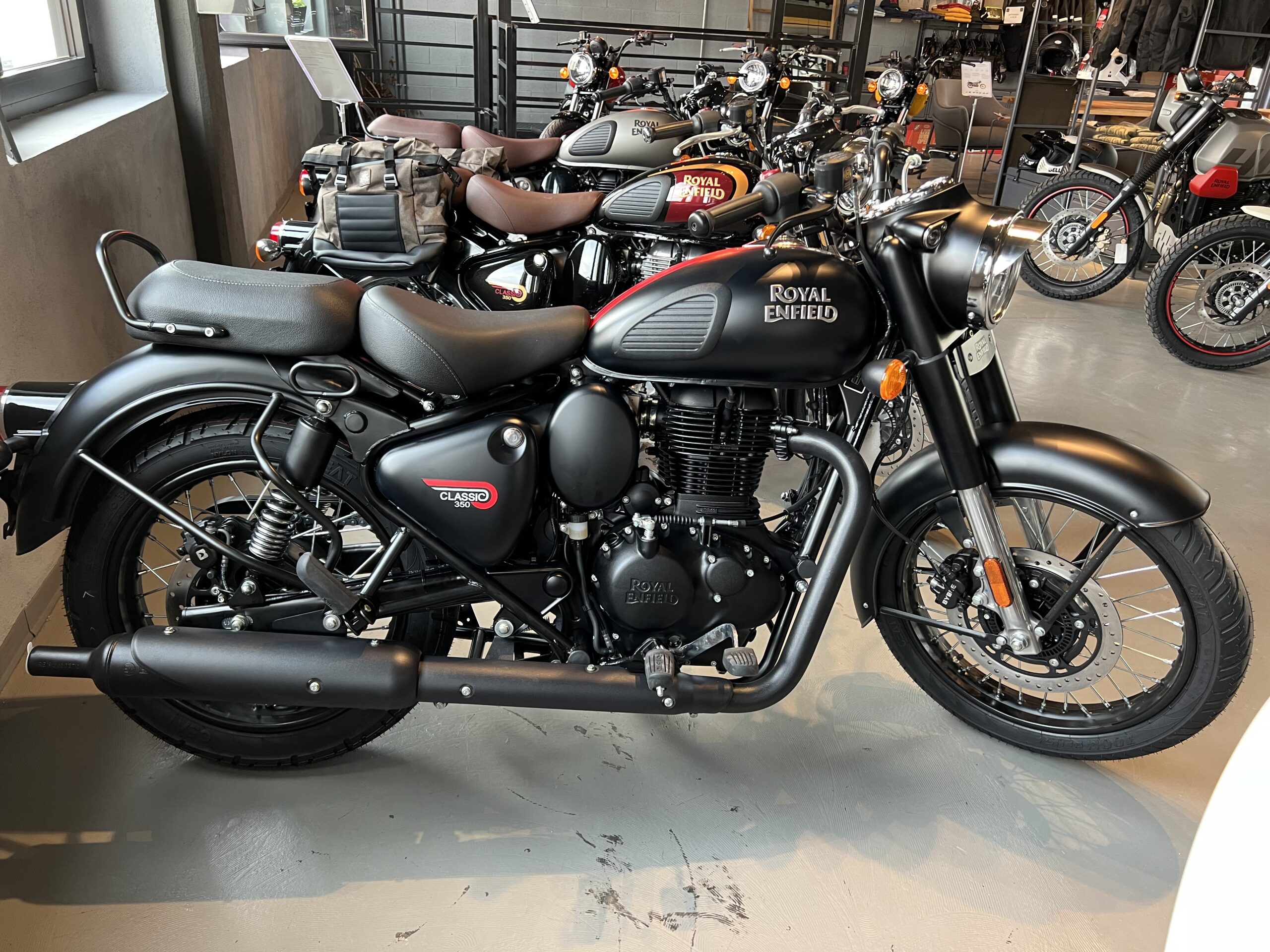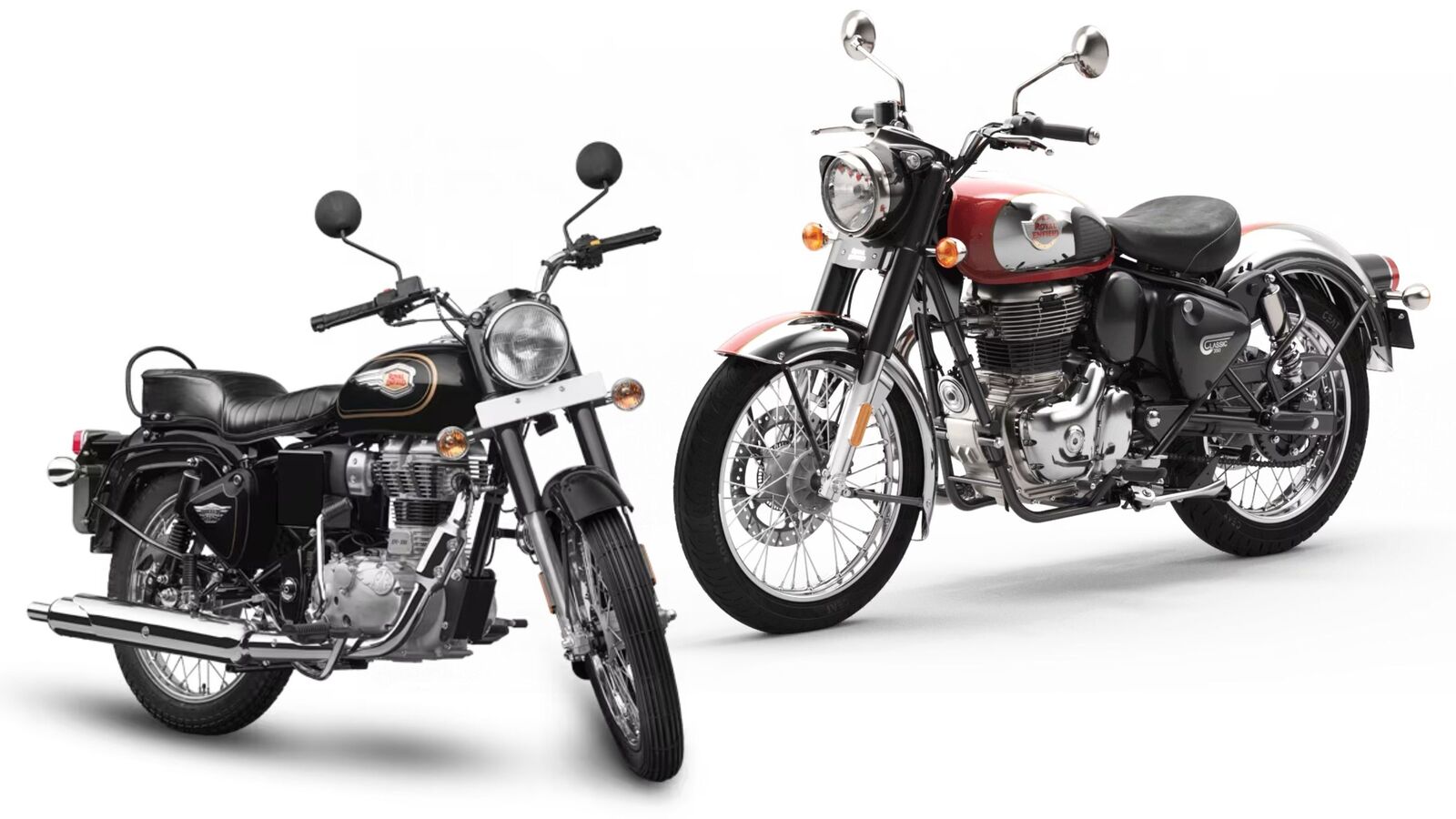Classic Old Trucks For Sale: Your Ultimate Guide to Finding and Owning a Piece of Automotive History pickup.truckstrend.com
Introduction: The Enduring Appeal of Classic Old Trucks
There’s a distinct rumble, a timeless silhouette, and an undeniable character that sets classic old trucks apart from their modern counterparts. More than just a mode of transport, these venerable vehicles are rolling testaments to an era of robust engineering, utilitarian design, and unadulterated grit. For many, the desire to own a classic truck stems from a deep-seated nostalgia, a yearning for simpler times, or an appreciation for the unique craftsmanship that defined automotive manufacturing decades ago. Whether you envision a meticulously restored showpiece, a rugged workhorse with a charming patina, or a blank canvas for a custom build, the world of classic old trucks for sale offers a treasure trove of possibilities.
Classic Old Trucks For Sale: Your Ultimate Guide to Finding and Owning a Piece of Automotive History
This comprehensive guide will navigate you through the exciting journey of acquiring a classic truck. We’ll delve into why these vehicles continue to captivate enthusiasts, explore the diverse types available, pinpoint where to find them, and arm you with the essential knowledge and practical advice needed to make an informed purchase. From understanding market values and inspection protocols to deciphering restoration costs and long-term ownership considerations, prepare to embark on an adventure into the enduring appeal of classic old trucks.
Why Buy a Classic Old Truck? More Than Just a Vehicle
The allure of classic old trucks extends far beyond mere transportation. Owning one is an experience, a statement, and often, a rewarding hobby.
- Nostalgia and Heritage: For many, a classic truck evokes cherished memories of family farms, cross-country road trips, or the simplicity of a bygone era. They represent a tangible connection to automotive history and cultural heritage.
- Unique Style and Character: In a world of increasingly homogenized vehicle designs, a classic truck stands out. Its distinctive lines, chrome accents, and often hand-painted logos tell a story that modern vehicles simply cannot replicate. Each dent and fade contributes to its unique "patina" and character.
- Durability and Simplicity: Built with robust, often over-engineered components and fewer complex electronics, classic trucks are renowned for their straightforward mechanics. This simplicity often translates to easier diagnosis, more accessible repairs, and a surprising longevity if properly maintained.
- Potential for Investment and Appreciation: While not all classic trucks are guaranteed to skyrocket in value, many popular models have consistently appreciated over time, especially well-maintained or professionally restored examples. They can be a tangible asset that offers both enjoyment and financial return.
- Versatility: A classic truck can serve many purposes: a dependable daily driver (with some modifications), a show vehicle, a promotional tool for a business, or even a functional work truck for light duties.
- Community and Hobby: The classic truck scene is a vibrant community. Owners often gather at car shows, swap meets, and online forums, sharing knowledge, parts, and camaraderie. It’s a hobby that fosters connection and learning.

Understanding the Different Types of Classic Trucks
The term "classic old truck" encompasses a vast range of vehicles, each with its own charm and utility. Categorizing them can help narrow your search.

- Era-Based:
- Pre-WWII (e.g., Ford Model A/B trucks, early Chevrolet pickups): Often more challenging to drive and maintain due to rudimentary technology, but highly prized for their historical significance and rarity.
- Post-WWII (1940s-1960s, e.g., Ford F-1, F-100, Chevy Advance Design, Task Force, C10): These are arguably the most popular, offering a blend of classic aesthetics with increasingly refined mechanics. They are iconic and highly sought after.
- Muscle Truck Era (1970s, e.g., Ford F-Series "Dentside," Chevy "Square Body," Dodge D-Series): Larger, more powerful, and often equipped with V8 engines, these trucks embody the era’s focus on performance and rugged utility.
- Modern Classics (1980s-1990s, e.g., Ford F-150 "Bricknose," Chevy C/K "OBS," Toyota Pickups): While newer, many of these are gaining classic status, offering more modern amenities like power steering, disc brakes, and air conditioning, making them suitable for more frequent use.

- Purpose-Built:
- Light-Duty Pickups: The most common type, designed for general hauling and personal use.
- Heavy-Duty Trucks: Larger chassis, often with dual rear wheels (duallies), built for heavier loads.
- Utility/Panel Trucks: Enclosed cargo areas, often used by businesses.
- SUVs/Off-Roaders (e.g., Ford Bronco, Chevy Blazer, International Scout, Toyota Land Cruiser FJ40): While technically SUVs, many are built on truck platforms and share a similar classic appeal.
- Popular Makes & Models: While countless brands produced trucks, some have achieved legendary status, including the Ford F-Series (F-1, F-100, F-150), Chevrolet C/K Series (C10, C20), Dodge Power Wagon and D-Series, GMC, International Harvester (Scout, Pickup), and Toyota (FJ40, Pickup).
Where to Find Classic Old Trucks For Sale
The hunt for your ideal classic truck can be as exciting as the ownership itself. Here are the most common avenues:
- Online Marketplaces & Aggregators:
- Specialized Classic Car Sites: Hemmings, ClassicCars.com, Bring a Trailer, Cars & Bids. These platforms often feature higher-quality listings and detailed descriptions.
- Auction Sites: eBay Motors, Proxibid (for local auctions). Be cautious and thoroughly vet sellers.
- General Classifieds: Craigslist, Facebook Marketplace. Can yield local gems, but buyer beware.
- Specialized Dealerships: Many dealers focus exclusively on classic vehicles. They often offer pre-inspected trucks, financing options, and sometimes warranties, though prices may be higher.
- Auctions: Major classic car auctions like Mecum, Barrett-Jackson, and smaller local auctions can be excellent places to find trucks. Be prepared to bid quickly and understand the buyer’s premium.
- Local Classifieds & Word-of-Mouth: Sometimes the best deals are found through local newspapers, bulletin boards, or simply by letting friends and family know what you’re looking for. "Barn finds" often surface this way.
- Car Shows & Swap Meets: These events are not only great for networking but also for finding "for sale" signs on vehicles or parts vendors who might know of trucks for sale.
- Social Media Groups: Dedicated Facebook groups for specific makes, models, or classic truck enthusiasts often have active "for sale" sections.
What to Consider Before Buying: Essential Considerations
Before you open your wallet, a thorough understanding of what you’re getting into is paramount.
- Budget: This isn’t just the purchase price. Factor in potential restoration costs, immediate repairs, ongoing maintenance, insurance, registration, and storage. A "cheap" truck can quickly become very expensive.
- Condition Categories:
- Project/Barn Find: Needs extensive work, potentially non-running. Cheapest to buy, most expensive to restore.
- Driver Quality: Runs and drives, but has cosmetic flaws and likely needs mechanical attention. Good for those who want to use it immediately and improve it over time.
- Restored: Professionally rebuilt, often to original specifications. Commands higher prices.
- Concourse Quality: Flawless, museum-level restoration. Extremely expensive, often not driven.
- Rust & Body Integrity: Rust is the archenemy of classic vehicles. Check common areas: cab corners, rocker panels, floorboards, bed supports, frame rails, wheel wells, and around windows. Extensive rust can make a truck a money pit.
- Mechanical Condition:
- Engine & Transmission: Check for leaks, unusual noises, smoke from the exhaust, smooth shifting.
- Brakes: Ensure they are firm and effective. Many older trucks have drum brakes, which require more stopping distance.
- Suspension & Steering: Look for worn bushings, leaky shocks, excessive play in the steering wheel.
- Electrical System: Ensure all lights, gauges, and accessories work. Old wiring can be a fire hazard.
- Originality vs. Modifications: Decide if you want a stock truck, a "resto-mod" (restored with modern upgrades like disc brakes, power steering, AC), or a fully custom build. Each has different costs and appeals.
- Paperwork & History: Always ensure the truck has a clear title in the seller’s name. Ask for service records, ownership history, and any documentation that verifies its authenticity or previous work.
- Parts Availability: Research the availability of replacement parts for your chosen make and model. Popular models like Ford F-Series and Chevy C/K trucks have excellent parts support, but rarer models can be a challenge.
- Insurance & Registration: Standard auto insurance may not cover classic vehicles adequately. Look into specialized classic car insurance (e.g., Hagerty, Grundy) which often offers agreed-value policies and lower premiums for limited use. Registration requirements vary by state/province.
The Buying Process: A Step-by-Step Guide
Navigating the purchase process effectively will save you headaches and money.
- Define Your Purpose & Budget: Be clear about what you want to use the truck for (daily driver, show, project) and how much you’re willing to spend, including potential restoration costs.
- Research Models & Market Value: Use online resources, auction results, and price guides (like Hagerty’s Valuation Tool) to understand the fair market value for the specific make, model, year, and condition you’re targeting.
- Inspect Thoroughly:
- In Person: Always try to see the truck in person. Bring a magnet to detect body filler over rust.
- Professional Pre-Purchase Inspection (PPI): If you’re not mechanically inclined or can’t view the truck yourself, hire an independent mechanic specializing in classics to perform a PPI. This is often the best money you’ll spend.
- Photos/Videos: If buying remotely, ask for high-resolution photos and videos of specific areas, including cold starts and driving footage.
- Test Drive: Drive the truck at various speeds. Listen for unusual noises, feel for vibrations, check steering and braking response. Pay attention to how the engine runs when warm.
- Negotiate: Be prepared to negotiate, especially if you’ve identified issues during inspection. Have your research ready to justify your offer.
- Complete Paperwork: Ensure the title is properly transferred, bill of sale is complete, and any liens are cleared. Understand your local DMV requirements.
- Arrange Transport: If buying out of state, factor in the cost of enclosed or open vehicle transport.
- Plan for Post-Purchase Care: Immediately after purchase, consider a full fluid change, check tires, and address any immediate safety concerns.
Restoration vs. Preservation vs. Customization
The path you choose for your classic truck will significantly impact its cost, time commitment, and final appearance.
- Restoration: This involves bringing the truck back to its original factory specifications, often using period-correct parts and finishes. It’s labor-intensive and costly, requiring meticulous attention to detail. Ideal for purists and those seeking concourse-level vehicles.
- Preservation: Focused on maintaining the truck’s current, original condition, including its "patina" (natural wear and tear, faded paint, minor dents). The goal is to stabilize its condition and prevent further deterioration, rather than making it look new. Less costly than full restoration, appealing to those who appreciate originality and character.
- Customization/Resto-Mod: Involves modifying the truck to suit personal taste or to incorporate modern components for improved performance, comfort, and reliability (e.g., modern engine swaps, air conditioning, power steering, disc brakes, updated suspension). This offers the best of both worlds – classic looks with modern driveability – but costs can escalate quickly.
Living with a Classic Truck
Owning a classic truck is a commitment, but a rewarding one.
- Maintenance & Repairs: Be prepared for more frequent and specialized maintenance than a modern vehicle. Join online forums for DIY advice or find a reputable mechanic specializing in vintage vehicles.
- Finding Parts: While many popular models have excellent aftermarket support, some parts may require searching through specialized suppliers, swap meets, or even fabricating.
- Driving Experience: Older trucks often lack modern amenities like power steering, power brakes, and air conditioning. Driving them is a more raw, engaging experience that requires more effort but offers immense satisfaction.
- Storage & Security: Protect your investment from the elements and theft. A secure, climate-controlled garage is ideal.
- Community Involvement: Embrace the classic car community! Attending shows, joining clubs, and participating in online forums enriches the ownership experience.
Classic Old Trucks For Sale: Estimated Price Ranges
Prices for classic old trucks vary wildly based on make, model, year, condition, rarity, and market demand. The table below provides estimated price ranges for popular models across different conditions. These figures are illustrative and should not be taken as definitive market values, which can fluctuate. Always conduct thorough research for specific models.
| Make/Model | Era | Condition: Project/Barn Find (Non-Running, Heavy Rust) | Condition: Driver Quality (Running, Minor Flaws) | Condition: Restored (Excellent, Show Quality) |
|---|---|---|---|---|
| Ford F-100 | 1953-1956 | $5,000 – $15,000 | $18,000 – $45,000 | $50,000 – $100,000+ |
| Ford F-100/F-150 | 1967-1979 | $4,000 – $12,000 | $15,000 – $35,000 | $40,000 – $80,000+ |
| Chevrolet C10 | 1960-1966 | $6,000 – $18,000 | $20,000 – $50,000 | $55,000 – $120,000+ |
| Chevrolet C10/K10 | 1967-1972 | $8,000 – $25,000 | $25,000 – $60,000 | $65,000 – $150,000+ |
| Chevrolet C/K | 1973-1987 (Square Body) | $3,000 – $10,000 | $10,000 – $30,000 | $35,000 – $70,000+ |
| Dodge D-Series | 1960s-1970s | $3,000 – $8,000 | $10,000 – $25,000 | $30,000 – $60,000+ |
| International Scout II | 1971-1980 | $7,000 – $20,000 | $25,000 – $55,000 | $60,000 – $120,000+ |
| Toyota Land Cruiser FJ40 | 1960s-1980s | $10,000 – $30,000 | $35,000 – $75,000 | $80,000 – $200,000+ |
Note: "Project/Barn Find" indicates trucks requiring significant mechanical, body, and interior work, possibly non-running. "Driver Quality" refers to trucks that run and drive, are roadworthy but may have cosmetic flaws or need minor repairs. "Restored" indicates vehicles that have undergone professional restoration to a high standard, often show-quality.
Frequently Asked Questions (FAQ) about Classic Old Trucks For Sale
Q1: Is buying a classic truck a good investment?
A1: While some popular models can appreciate significantly, it’s generally best to buy a classic truck for enjoyment rather than purely as an investment. Restoration costs can quickly outweigh potential gains. Research specific models’ market trends.
Q2: How much does it cost to restore a classic truck?
A2: Restoration costs vary wildly. A full, professional "frame-off" restoration can range from $30,000 to well over $100,000, depending on the truck’s initial condition, desired level of finish, and labor rates. Minor cosmetic and mechanical refreshes can be a few thousand dollars.
Q3: Are parts hard to find for classic trucks?
A3: For popular models like Ford F-Series and Chevrolet C/K trucks, parts availability is generally excellent due to a strong aftermarket and reproduction industry. Rarer models or specific trim pieces can be challenging to source, sometimes requiring custom fabrication or extensive searching at swap meets.
Q4: Can I use a classic truck as a daily driver?
A4: Yes, many classic trucks can be reliable daily drivers, especially if they’ve been "resto-modded" with modern upgrades like disc brakes, power steering, and air conditioning. However, they will typically require more frequent maintenance than a new vehicle and may lack modern safety features.
Q5: What’s the best classic truck for a beginner?
A5: For beginners, a popular model like a 1967-1972 Chevrolet C10/C20 or a 1967-1979 Ford F-100/F-150 is often recommended. Parts are abundant, information is widely available, and there’s a large community for support. A "driver quality" truck is a good starting point to learn as you go.
Q6: How do I insure a classic truck?
A6: Most standard auto insurance policies are not ideal for classic vehicles. Look for specialized classic car insurance providers (e.g., Hagerty, Grundy, American Collectors Insurance). They offer "agreed value" policies, which means you and the insurer agree on the truck’s value beforehand, ensuring you’re paid that amount if it’s a total loss, rather than depreciated market value. They also often have lower premiums for limited mileage and secure storage requirements.
Conclusion: The Journey Awaits
The world of classic old trucks for sale is a captivating realm, offering a unique blend of nostalgia, robust engineering, and individual expression. Whether you dream of cruising in a perfectly restored showpiece, enjoying the raw charm of a well-preserved survivor, or building a custom masterpiece, the journey of finding and owning a classic truck is incredibly rewarding.
By approaching the process with careful research, a clear budget, and a thorough inspection, you can navigate the market with confidence. Remember that owning a classic truck is more than just possessing a vehicle; it’s embracing a hobby, connecting with history, and becoming part of a passionate community. So, roll up your sleeves, do your homework, and prepare to embark on an exciting adventure with your very own piece of automotive heritage. The road to your classic old truck awaits!



